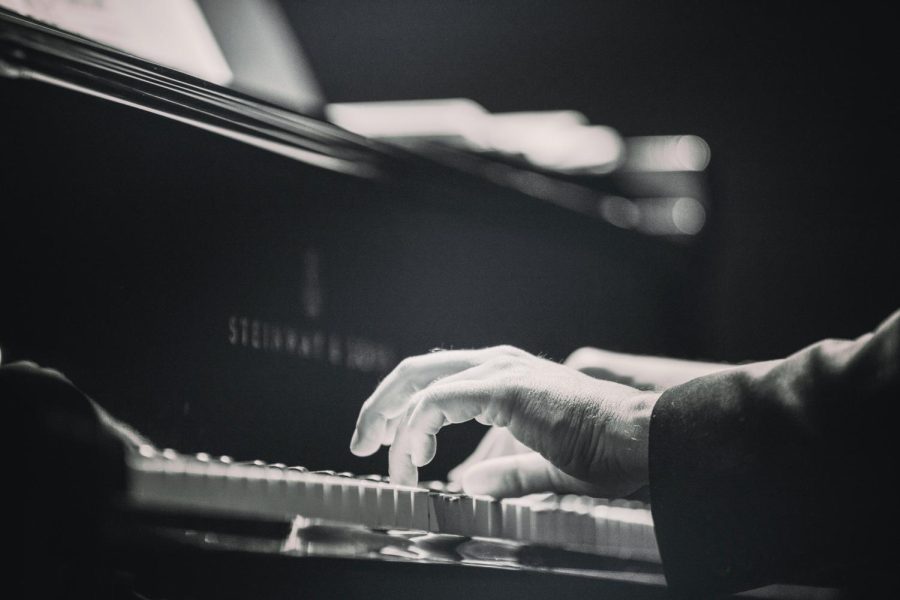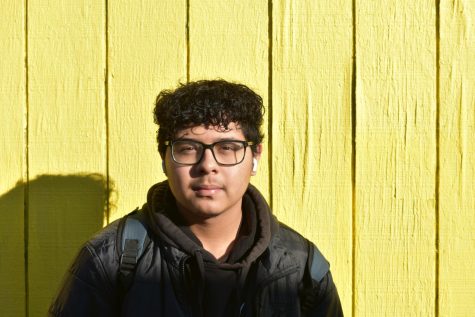The Difficulties And Benefits Of Learning Piano
May 6, 2023
Learning how to play the piano is such a rewarding experience, but have you ever thought about the difficulties it carries while trying to learn the instrument? Piano players make it look so easy, two hands playing at once, looking back and forth on the music notes and the keys, making sure they have good rhythm. Well if you do think it is easy, you are wrong. Piano is not just hands, but the mind as well. Their hands and mind are the only things piano players need for the instrument, the hands moving fast and precise, while the mind is focused and making sure everything is going smoothly.
Piano, an instrument so beautiful yet so difficult, can improve players both mentally and physically. The instrument grants its players many benefits like improving the mind, building good habits such as focus and perseverance, diligence and creativity. According to the Steinway & Sons website, “Children who had a few years of piano study under their belts could remember twenty percent more vocabulary words than their peers.” With the beneits, comes difficulties, where the mind is put to the test. Learning an instrument is always hard, but everyone starts somewhere. Piano requires hand coordination, meaning using both of your hands at the same time while playing the piano. It takes time to master this piano mentally. Players can always get frustrated or upset about practice and be patience is the most important thing about learning any instrument. Be careful though, piano can also cause physical difficulties too. According to the Dave Long Music website, they claim that “You’ll also have to learn play with correct technique” or else you are going to face “injuries in the future.”
With my experience in piano so far, I am only a beginner, it is easy to understand where to put your fingers on the keyboard, but the note reading takes a little bit more time. Learning how to read the music notes is a very important skill to accomplish while you are starting. Note reading is basically half of the lesson on piano, so it is very crucial that you learn how to do it. My piano teacher always say to have a good posture, back straight, heels touching the floor, and to have your wrist straight as well. If you cannot keep a straight wrist, expect some pain on both of your hands. Even though learning piano is one of the toughest journey, and it may involve blood, but the feeling is amazing when you got that first song down without messing up once. Piano can be a joyful experience.




